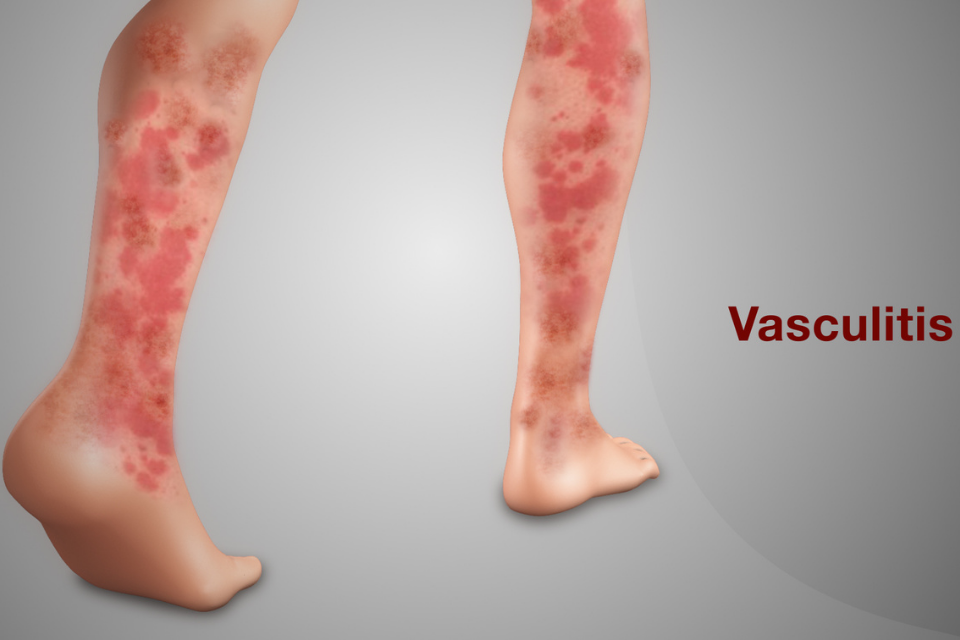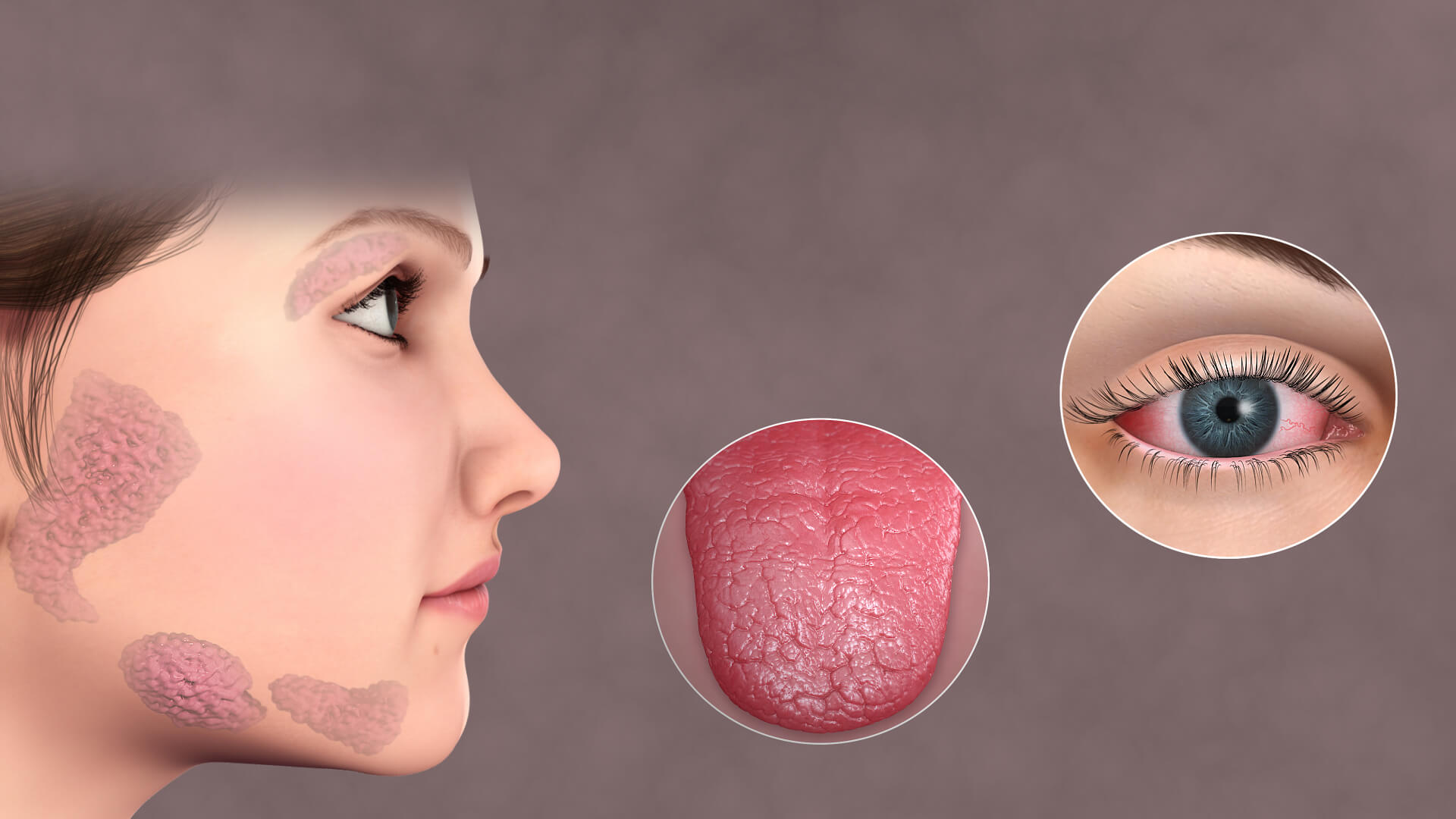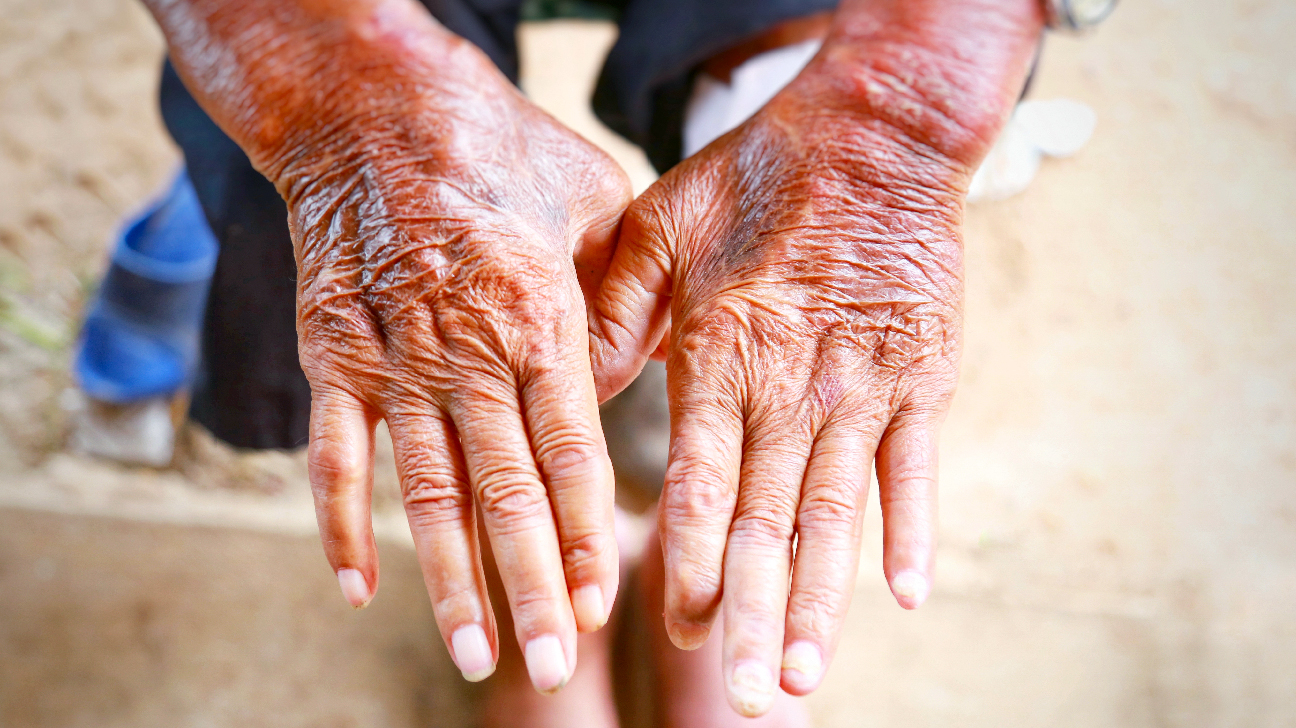About Vasculitis
Vasculitis refers to a large group of diseases that cause inflammation of the blood vessels. Vasculitis also called angiitis causes alterations in the walls of blood vessels , which may include scarring , weakening , narrowing , and thickening in no particular sequence.
Causes
Vasculitis occurs when the body’s immune system mistakably attacks its own blood vessels . Experts still can’t ascertain why this happens .
Some known triggers are :
+ Infections
+ Some cancers
+ Some immune system disorders
+ Allergic reactions
When blood vessels are inflamed they ultimately weaken the walls resulting in an aneurysm , or bulge .
Types
There are two main categories of vasculitis : Primary vasculitis , which has no known cause , and secondary vasculitis which occurs as a result of another disease such as rheumatoid arthritis or lupus .
Symptoms
Vasculitis symptoms vary depending on which blood vessels are affected , and which organs are damaged if any .
Most cases of vasculitis include these pointers :
+ Fever
+ Tiredness
+ Weight loss & loss of apetite
+ Joint pain
+ Muscle pain
+ Numbness and weakness
Complications
Depending on the type of vasculitis these are the most common complications :
Organ damage due to poor oxygen and nutritional blood supply to organs .
Although treatment of vasculitis may be successful , recurrent episodes are known to occur from time to time .
Also some people may require long-term treatment .
Diagnosis
Blood tests are mandatory to accurately diagnose vasculitis . Urine tests and a biopsy are also mandated .
Some of the most commonly used medications for vasculitis are :
Steroids — widely used to reduce inflammation .
Drugs like Prednisone or methylprednisolone ( medrol ) are also widely used .
Note that if taken over a long period the side effects can be severe .
Summary
Vasculitis has scores of potential causes including infectious and immunologic diseases . The smart thing to do therefore is to seek professional advice from a rheumatologist right away .



